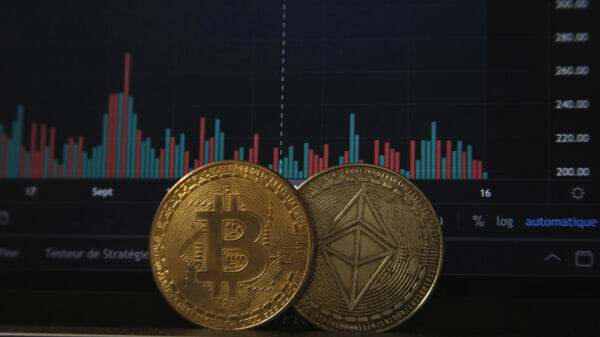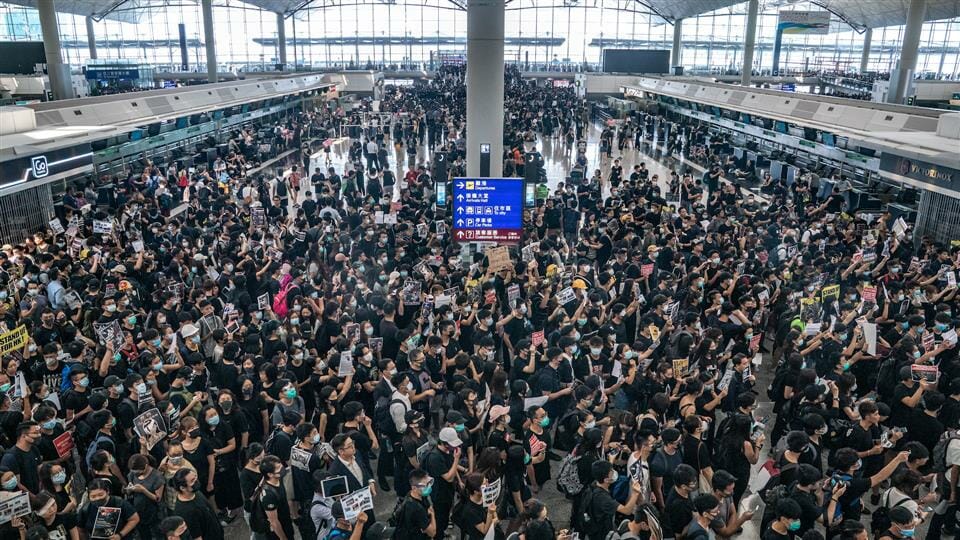As Hong Kong’s political crisis carries on, there are worries that the next crisis will be an economic one.
Protesters have unleashed chaos on the world’s third financial hub, and the economic prognosis is not looking good at all. Hong Kong demonstrators blocked access to the airport on Monday, sparking fears from business leaders and investors. The massive protests have been going on for 10 weeks now and show no sign of deescalating. There are both long-term and short-term economic fears that have accompanied this recent movement. The most glaring economic challenge is that the Hong Kong economy is headed for a recession. The local unrest in the city has disrupted public transport and the everyday public and private affairs of residents. This, when combined with the escalating US-China trade war, represents a threat to the local economy. Retail sales, real estate prices, and the finance hub’s $4.9 trillion stock market are at the greatest risk of short-term economic fallout.
The long-term damage to Hong Kong may have already been done. The city is viewed as the world’s third financial hub after New York City and London. While this is due to the many banks and other financial institutions based in the region, Hong Kong’s reputation as a safe, clean, reliable place of business has been damaged. While much can happen in the coming weeks, Hong Kong’s status as the business-friendly gateway between China and the outside world has been challenged like never before.
Not many people are predicting imminent changes in Hong Kong, but anger over the recent extradition bill has spilled out all over the city, in its transport hubs and all over the streets. Hong Kong Chief Executive Carrie Lam hasn’t yet offered a solution for the protests, but she commented that the government is considering “bold” measures.
Hong Kong has shown a remarkable level of crisis management in past decades. The SARS scare of 2003 and multiple recessions haven’t shaken Hong Kong’s unique place in the world, but much has yet to be determined. Pessimists believe that this will mark the end of Hong Kong’s status as a global financial hub, while optimists are already betting on the city’s comeback. As Zhuang Jiapeng, a fund manager at Shenzhen JM Capital Co. explains, “Those who purchased Hong Kong stocks during the 2014 protests triumphed.”













































